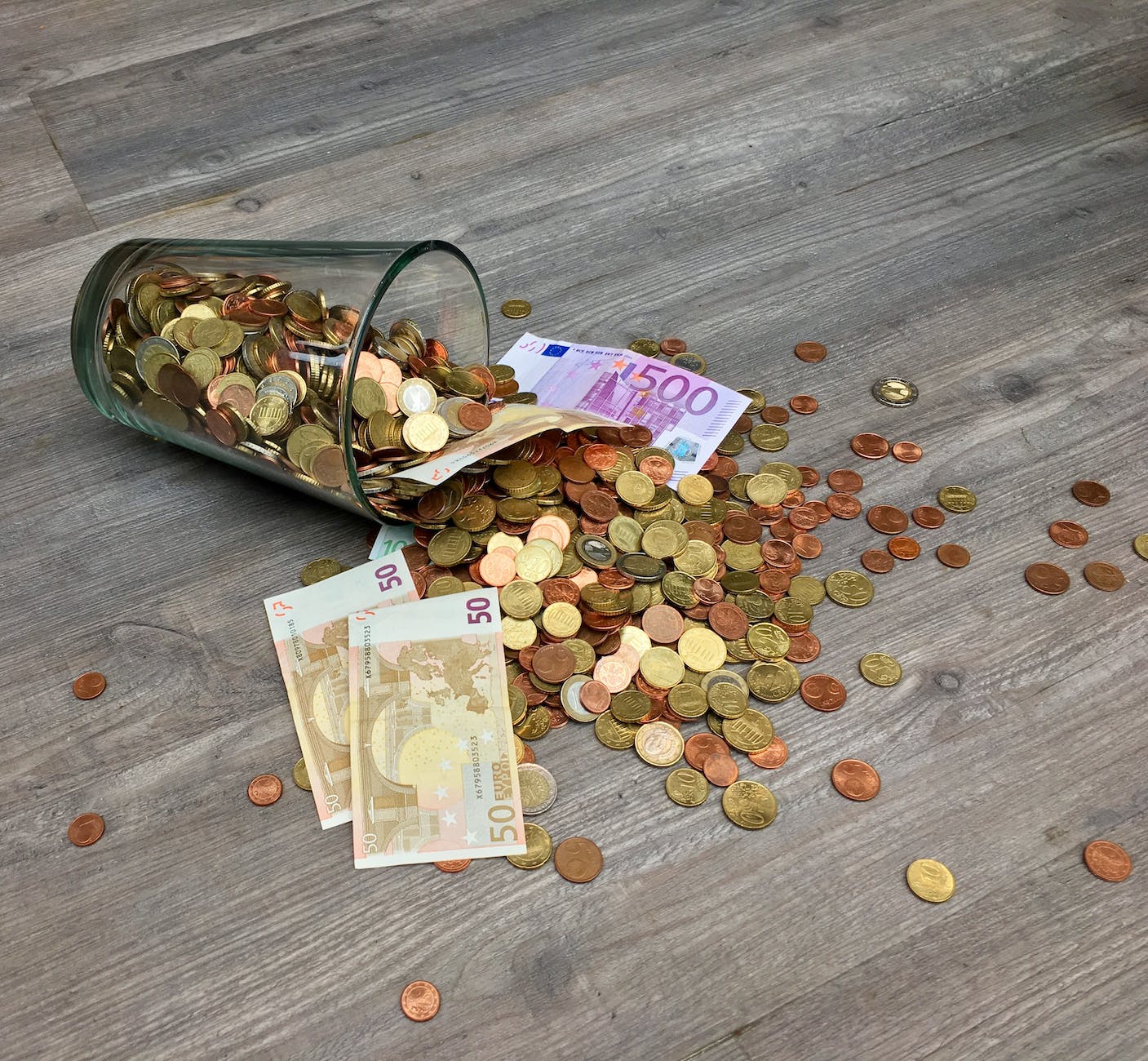Senegal opposition leader Sonko’s lawyer files a lawsuit in France and calls for an ICC inquiry
By alexandreFinance
Senegal opposition leader Sonko’s lawyer files a lawsuit in France and calls for an ICC inquiry
Sonko’s lawyer has filed a lawsuit in France and called for an ICC inquiry in response to the Senegal opposition leader’s recent detention and allegations of rape. The case has garnered widespread attention both domestically and internationally, as it raises questions about political persecution and the rule of law in the country.
The Detention of Ousmane Sonko
Ousmane Sonko was detained in early March following allegations that he raped a young woman. Sonko has denied the accusations and maintains that they are politically motivated.
The arrest sparked widespread protests in Senegal, with many citizens taking to the streets to demand Sonko’s release. Some analysts have suggested that the government’s handling of the case is indicative of its desire to silence opposition voices ahead of the upcoming presidential elections.
Sonko’s lawyer has been vocal in his criticism of the government’s actions, calling into question the validity of the charges against his client.
The Lawsuit in France
In an effort to seek justice for his client, Sonko’s lawyer has filed a lawsuit in France. The suit alleges that Sonko’s detention was politically motivated and that the Senegalese government has violated a number of international human rights accords.
The lawsuit has gained significant traction in France, where a number of high-profile politicians and activists have expressed their support for Sonko and his cause. Some have even called on the French government to take a more active role in pressuring Senegal to respect the rule of law.
It remains to be seen how the French legal system will respond to the suit, but many are hoping that it will serve as a wake-up call to the Senegalese government.
The Call for an ICC Inquiry
In addition to the lawsuit in France, Sonko’s lawyer has also called for an inquiry by the International Criminal Court (ICC). The inquiry would investigate the allegations of political persecution and human rights violations surrounding Sonko’s detention.
The call for an ICC inquiry has gained support from a number of international organizations, including Human Rights Watch and Amnesty International. These groups have criticized the Senegalese government for its handling of the case and have expressed concern about the state of democracy and the rule of law in the country.
While it is unclear whether the ICC will launch an inquiry into the matter, the pressure from international organizations and governments may force the Senegalese government to take a more transparent and accountable approach to the case.
The Domestic Response
The situation in Senegal remains tense, with many citizens continuing to demand justice for Sonko and the young woman who accused him of rape. Some have accused the government of attempting to sweep the issue under the rug, while others have praised the country’s legal system for its impartiality.
Regardless of where one stands on the issue, it is clear that the case has highlighted some of the deep-seated political divisions and social issues facing the West African nation.
The Future of Senegal
As Senegal prepares for presidential elections in 2024, the case of Ousmane Sonko and the larger issues it represents will likely play a significant role in shaping the country’s political landscape.
The outcome of the lawsuit in France and the potential ICC inquiry could have far-reaching implications for not only Sonko’s case but also for the future of democracy and the rule of law in Senegal.
The detention of Ousmane Sonko has raised important questions about political persecution and the rule of law in Senegal. The lawsuit in France and the call for an ICC inquiry serve as reminders that the world is watching and that governments must be held accountable for their actions.
While it remains to be seen how the case will ultimately be resolved, one thing is clear: the people of Senegal deserve a legal system that is fair, impartial, and transparent.





